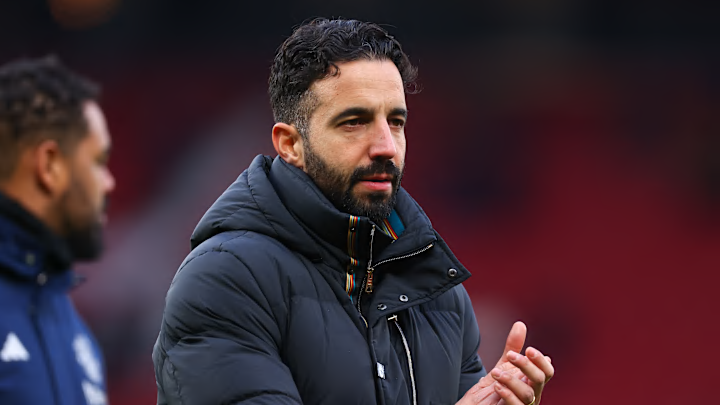Manchester United’s off field saga took another twist as manager Ruben Amorim shed light on Marcus Rashford’s exit, revealing that the forward’s departure was driven by a fundamental clash in football philosophy. The 27 year‐old England international, who had voiced his desire for a “new challenge” back in December, has now joined Aston Villa on a season long loan, with Villa holding an option to make the move permanent for a reported £ 40 million.
Amorim, who gave Rashford his first six opportunities at United, candidly explained the disconnect between his methods and the player’s approach. “I couldn’t get Marcus to see the way you’re supposed to play football and to train the way I see it. Sometimes you have one player that is really good with one coach, and the same player with another coach is different,” Amorim said, highlighting the stark difference between his game style and that of Marcus Rashford.
Rashford’s situation came to a head following his omission from the squad for the Manchester derby in mid-December. After a Europa League outing against Viktoria Plzen on December 12, the forward found himself sidelined for several weeks, signalling his future at Old Trafford was in jeopardy. The decision to send him on loan to Aston Villa may be the end of his long association with Manchester United with whom he joined as a little child and came out of its famous academy.
The recent transfer window was a stark difference from their usual business. The window saw United going for young talents including the likes of Heaven from Arsenal and Dorgu from Lecce. However, Amorim may face a clear squad depth issue as two United forwards went off on loans including Marcus Rashford without signing any back up. With a team already short on goals, fans are not sure if it was the right move to invest in defensive reinforcements rather than getting in some new attackers.
While Amorim and United face mounting pressure amid a challenging season, the Rashford transfer only serves as a reminder that lack of commitment won’t be taken lightly at the club, and even top players sometimes find themselves in hot water when tactical philosophies diverge.
